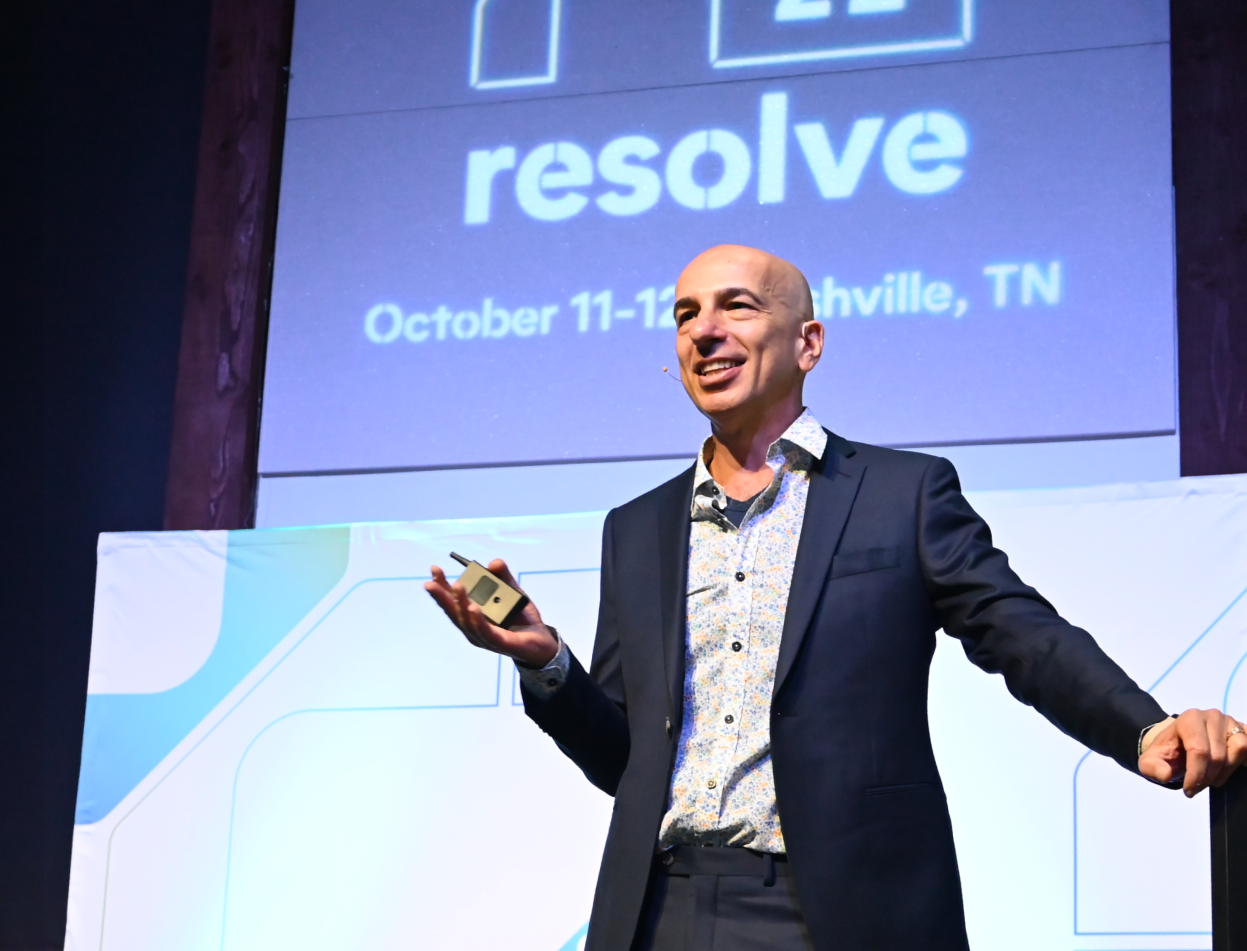In the ever-evolving landscape of customer service, technology and humans are converging faster than ever to create unparalleled caller experiences.
This transformation is driven by advancements in AI, automation, and a renewed focus on customer satisfaction.
In a recent interview on the Dialed In podcast, industry expert Shep Hyken shed light on the profound changes reshaping customer service, and offered a case for the next decade of customer service being its greatest era yet.
The persistence of the phone
Despite the proliferation of digital channels, the phone remains a stalwart in customer service. Hyken noted, “70% of consumers in America in 2024 would rather go to the phone as their preference of communication than any other self-service digital channel.”
This enduring preference highlights the importance of voice communication in providing a sense of immediacy and personal connection. It also reinforces the theory that contact centers aren’t diminishing in importance – they’re more crucial than ever.
The impact of AI on customer service
A decade ago, contact center leaders who saw call volumes on the rise had few options to account for the demand. This led to many of the problems that peaked during the pandemic: agent shortages, hiring challenges and insufficient automation solutions.
But as Gadi Shamia notes, automating customer service calls at scale using AI is a mission that began “way before AI was ‘cool’.” Fortunately, that means contact centers are better equipped than ever to leverage AI trained on millions of customer service calls to handle lower-level inquiries efficiently and free up human agents to tackle more complex issues, enhancing overall service quality.
The agent transformation
The future of customer service agents lies in their ability to manage more sophisticated interactions. Hyken pointed out, “Today’s support personnel, I think they have to be incredibly well trained at a number of levels.” As AI takes on routine tasks, agents are becoming more specialized, focusing on high-value interactions that require empathy and nuanced understanding.
This is a stark departure from the days where agents were asked to field as many calls as possible – calls that were usually repetitive, mundane and low in complexity. Now, agents are empowered to learn new skills, climb to higher levels and develop true professional paths as brand ambassadors.
Meeting customers where the are
Customer expectations are continually evolving, influenced by their experiences with top-tier service providers like Amazon. Hyken observed, “We have become accustomed to great service provided by rockstar companies. And now we expect the same experience from every other company that we do business with.”
This “digital affinity” phenomenon suggests that customers gravitate towards channels they are most familiar with, making seamless digital experiences crucial. While this adds pressure to customer experience leaders’ strategies, it also highlights the demand for innovation across the customer service ecosystem.
Eliminating quality and cost tradeoffs
The integration of AI in customer service is not just about efficiency but also about enhancing the quality of interactions. Hyken is optimistic about AI’s potential, stating, “I believe we’re in the greatest time ever for customer service.” As AI technologies become more sophisticated and customer expectations continue to rise, companies must adapt to deliver seamless, personalized experiences. The integration of AI in customer service is not just about lowering costs but also about enhancing the quality of interactions, increasing CSAT and eliminating hold times even as they staff and spend more efficiently.
Embracing the future
The golden age of customer service is being driven by technological advancements and a deepening understanding of customer needs. As Hyken aptly put it, “We’re gonna have a tipping point… where 92% feel that AI is going to be capable of resolving most issues because they’ve experienced it.” Embracing this change with urgency will not only enhance customer satisfaction but also redefine what it means to provide excellent service in the digital age.




